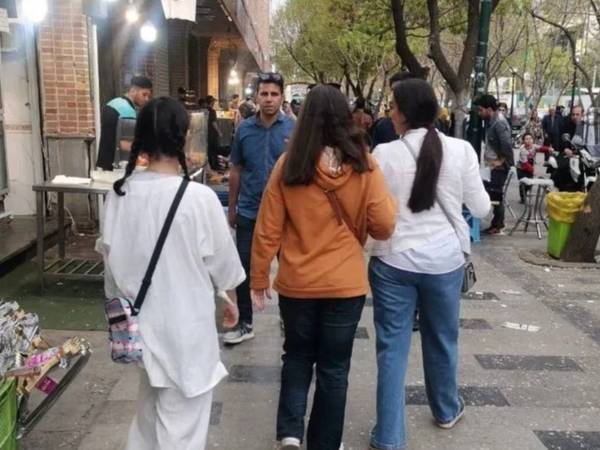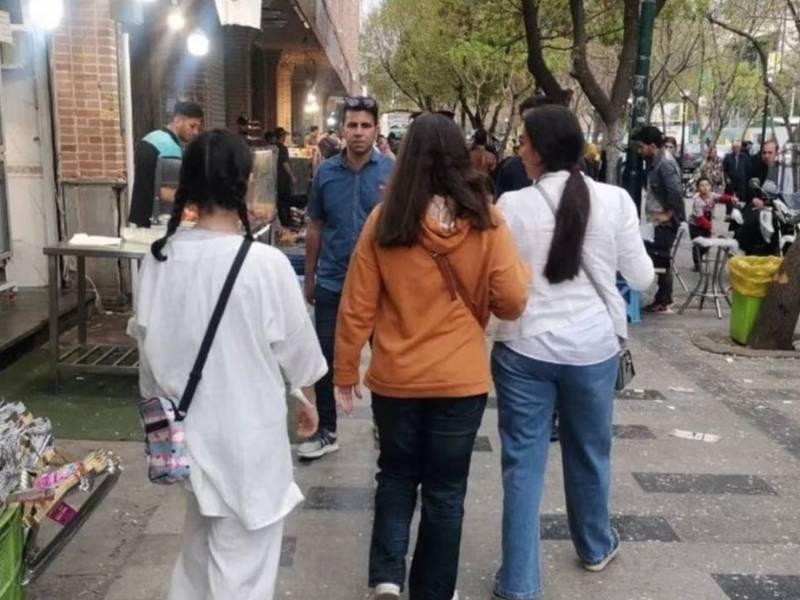A political commentor in Iran has warned of heightened social tensions on the eve of the Iranian parliament's next review of a new and more hardline hijab law.
Ahmad Zeidabadi said, "This year is full of challenges... From fundamental and vital issues such as water scarcity, land subsidence, and environmental degradation, to economic issues, wage levels, continued recession and inflation, and social issues such as polarization over mandatory hijab and its potential for social tensions."
His warnings come amid heated debates over a proposed bill aimed at even stricter enforcement of compulsory hijab laws. Public outrage ignited since the death in morality-police custody of Mahsa Amini in 2022, has intensified opposition to the mandatory Islamic dress code. It has seen the biggest uprising since the founding of the Islamic Republic, branded the Women, Life, Freedom movement.
In response to mounting public resistance, the clerical regime has resorted to various measures to enforce hijab laws, ranging from public humiliation tactics to the use of traffic cameras for identification.
If passed, various penalties of the "Protection of Family Through Promotion of Hijab and Chastity Culture" bill include heavy cash fines for women who do not abide by the prescribed dress code consisting of a headscarf covering all hair and the shoulders, a loose long tunic with long sleeves, and trousers that cover the legs to below the ankles.
However, Zeidabadi reiterated warning by many others, including some clerics, that such heavy-handed approaches risk further alienating the populace. He emphasized that addressing such issues requires a fundamental shift in political perspectives, both domestically and internationally.

